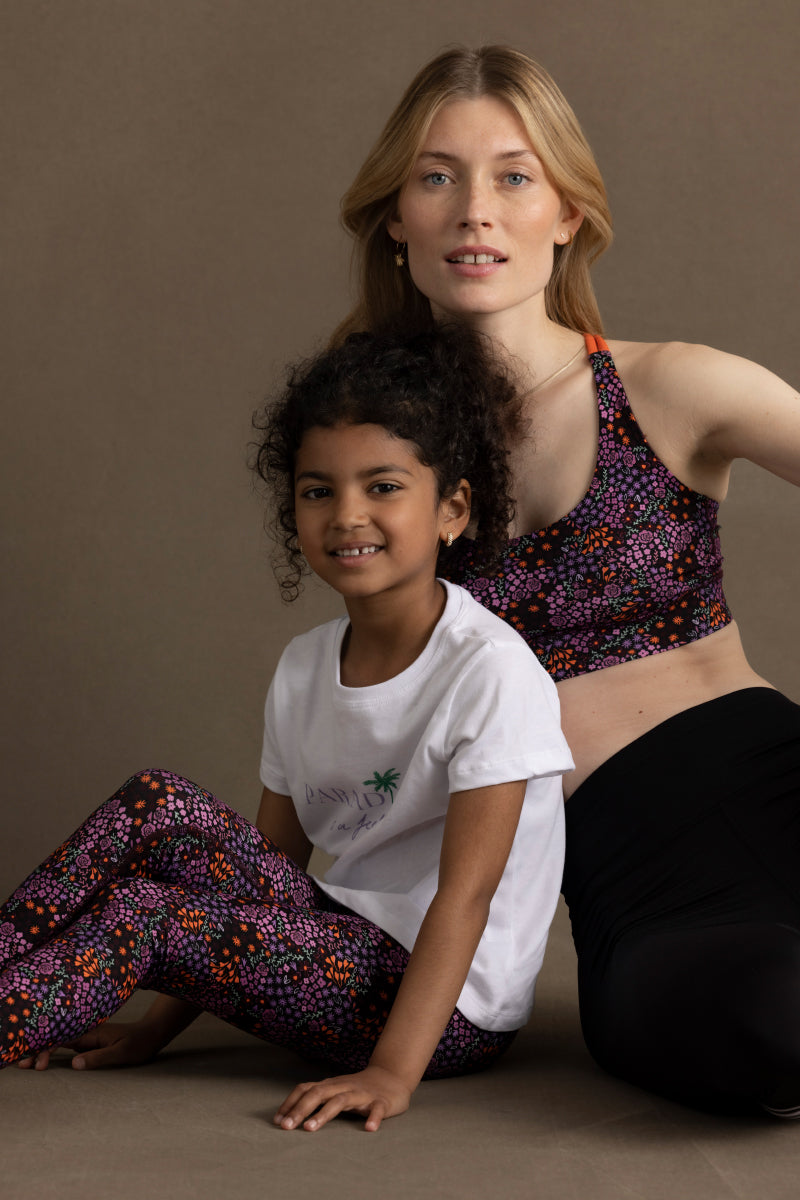
Ethical and Sustainable: Finding Fair Produced Leggings for Yoga and Pilates
Understanding the Importance of Ethical Clothing
Ethical clothing refers to garments that are made with respect for people, animals, and the environment. It takes into consideration factors such as fair wages, safe working conditions, no child labor, and the use of sustainable materials. When you choose to wear ethical clothing, you are supporting brands that uphold these values and contribute to a more sustainable and just fashion industry.
Exploring the Impact of the Fashion Industry on the Environment
The fashion industry is recognized as one of the most polluting industries globally. The production of clothing involves the use of large quantities of water, energy, and chemicals, leading to water pollution and greenhouse gas emissions. Fast fashion, with its emphasis on cheap and disposable clothing, has further exacerbated these issues. The growing demand for yoga and pilates leggings has resulted in increased production and, consequently, an increase in environmental harm.
The Rise of Sustainable Practices in Athletic Wear
Luckily, there is a positive shift happening in the athletic wear industry, with more brands recognizing the need for sustainability. Many companies are now adopting sustainable practices, such as using organic and recycled materials, reducing water consumption, and implementing ethical labor standards. This shift allows conscious consumers to find leggings for their yoga and pilates sessions that align with their values.
Analyzing the Supply Chain of Leggings for Yoga and Pilates
To truly understand if a pair of leggings is ethically produced, it is important to analyze the supply chain. This involves tracing the entire journey of the garment, from the sourcing of the materials to the manufacturing process. Look for brands that are transparent about their supply chain and provide information about the factories they work with. This transparency demonstrates their commitment to ethical production practices.
Tips for Finding and Supporting Fair Produced Leggings
- Research brands: Take the time to research brands that prioritize ethical and sustainable practices. Look for certifications such as Fair Trade, Global Organic Textile Standard (GOTS), and OEKO-TEX Standard 100, which ensure fair wages, organic materials, and safe working conditions.
- Check material composition: Opt for leggings made from organic cotton, recycled polyester, or other sustainable materials. These materials have a lower environmental impact and are free from harmful chemicals.
- Look for transparency: Choose brands that provide details about their supply chain, including information about the factories and workers involved in the production process.
- Consider second-hand options: Embrace the trend of thrift shopping and consider purchasing second-hand leggings. This not only reduces waste but also allows you to support a circular economy.
- Support local brands: Seek out local brands that prioritize ethical production and support local communities. By buying local, you reduce the carbon footprint associated with transportation and help boost the local economy.
- Extend the lifespan of your leggings: Take care of your leggings to make them last longer. Follow care instructions, wash them in cold water, and air dry them instead of using a dryer. This reduces the need for frequent replacements.
By following these tips, you can find and support fair produced leggings for your yoga and pilates sessions, making a positive impact on both people and the planet.
In conclusion, the demand for ethical and sustainable clothing has led to positive changes in the fashion industry, including in the athletic wear sector. When it comes to leggings for yoga and pilates, it is essential to consider the ethical and sustainable practices implemented by the brands you choose to support. By doing your research, checking material composition, and supporting transparent and local brands, you can enjoy your workout sessions while making a conscious choice for a better and fairer fashion industry.



